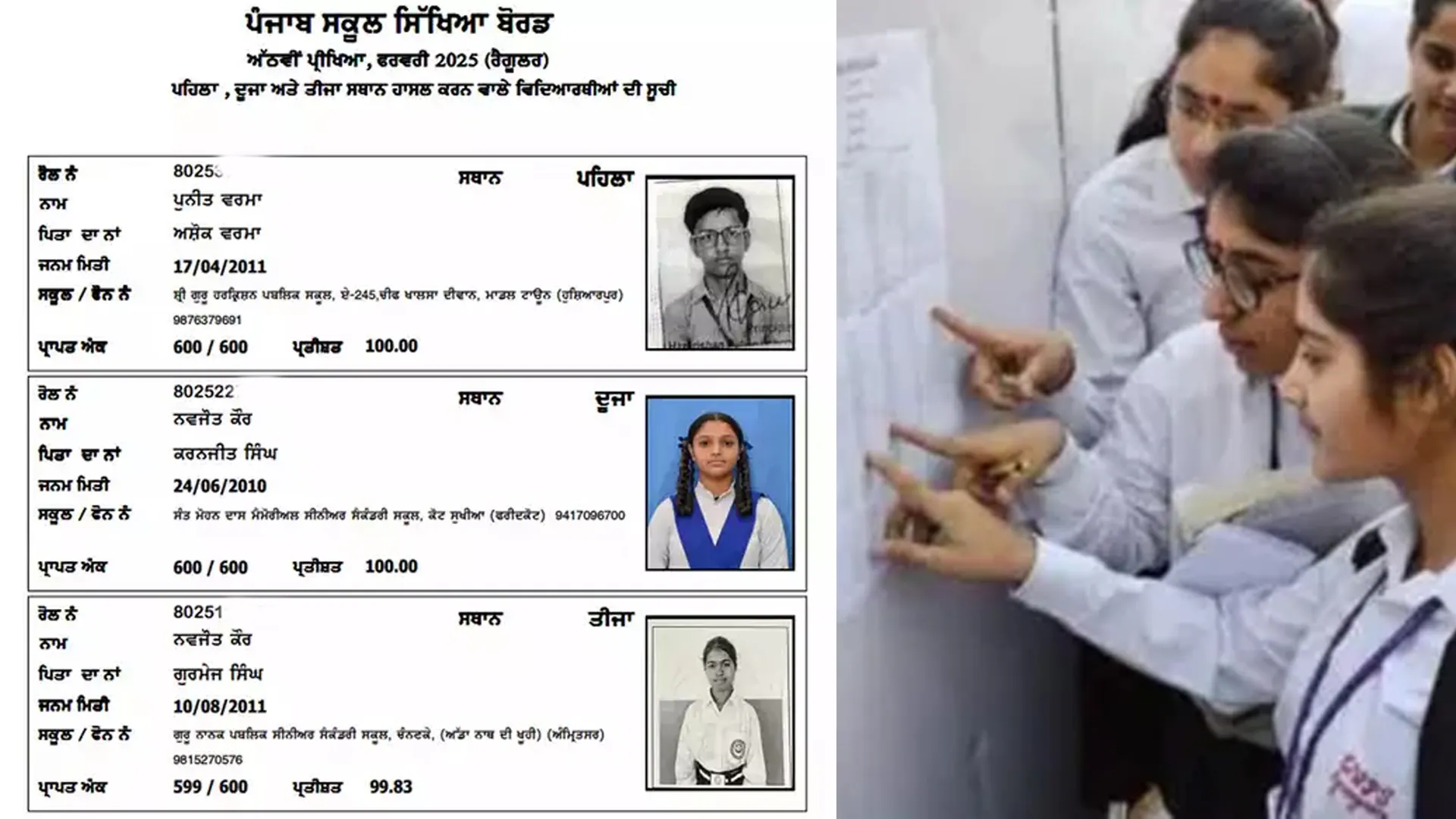The University Grants Commission (UGC) has put out a draft, suggesting the minimum qualifications required for appointments and promotions for teachers and other academic staff in institutions of higher education. The draft also outlines measures for maintaining academic standards. Stakeholders are invited to send their suggestions by February 5, 2025.
Removal of NET as mandatory qualification for the appointment and promotion of assistant professor. The entry level assistant professor’s eligibility has been made through postgraduate degree in ME or MTech with a minimum of 55% marks. This criterion is removed at present from being a compulsory UGC-NET exam criterion.
The new set of regulations will also state other eligibility criteria instead. Candidates with an undergraduate degree (NCrF Level 6) and a minimum of 75% marks, or a postgraduate degree (NCrF Level 6.5) with at least 55% marks (or equivalent grades), along with a PhD (NCrF Level 8), are eligible for the assistant professor role. Another qualifying route involves a postgraduate degree (NCrF Level 6.5) with a minimum of 55% marks or equivalent grades, and qualification in the National Eligibility Test (NET), CSIR, ICAR, SLET, or SET.
The draft also revises the process of appointing VCs. Under the new rules, eligibility will be broadened to include professionals from academia, research, public policy, public administration, and industry. “The selection for the vice chancellor’s post will be through an all-India newspaper advertisement and public notification,” as indicated in the guidelines. Applications may also be solicited through nominations or a talent search conducted by a Search-cum-Selection Committee. The regulations describe the composition of the committee, tenure, age limits, reappointment eligibility, and who may constitute the committee.
In addition, the standards cover the college principals’ selection process. Now, a principal will be selected for a term of five years and can then be re-elected for one further term through the process of selection. However, a principal can hold office in a college for not more than two terms. When these terms are served, he returns to his parent organization as a professor if eligible for the position.
This new draft would alter higher education much further by creating much more of flexibility through still ensuring its qualification and appointments meet quality requirements.























